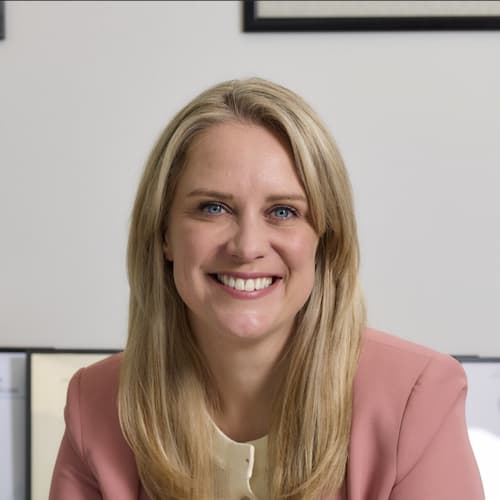It is important to understand the roles and responsibilities of being a director when your company is entering in to liquidation. In this article, we look at the dos and don'ts of your responsibilties.
The directors remain responsible for the conduct of the affairs of the company until such time as it is placed into liquidation and the directors are under a duty to act to preserve the company’s assets and minimise its liabilities for the benefit of creditors and members generally. It is important that the below recommendations are followed, as failure to do so could result in the directors being personally liable or subject to penalties.
- The directors must ensure that any action taken will not result in any creditor or member, or group of creditors or members, being preferred or given an advantage over the remainder. In particular, the directors should ensure that any secured creditor having either a legal mortgage or debenture over the company’s assets, is not put in a better position as a result of any action it may take with regard to disposing of the company’s assets. In the event that the directors consider that by making certain payments (for example to allow the company to complete a contract), the outcome for creditors can be enhanced, please contact Parker Walsh so that we can give guidance on the course of action being proposed.
- No further payments should be made to existing creditors of the company, nor should the company obtain any further goods or services on credit.
- Credit and charge cards issued to you and the staff should no longer be used.
- Delivery of any further goods or services previously ordered, but which are no longer required, should not be accepted.
- No assets should be disposed of, except to the extent necessary to meet essential costs and expenses of the company.
- The directors should take care not to allow any of the company’s creditors to obtain possession of any assets pending investigation of their entitlement to such possession by a subsequently appointed liquidator. Creditors seeking to recover goods supplied, including those supplied pursuant to retention of title clauses embodied in their conditions of sale, should similarly not be allowed to remove any items from the company’s or other premises.
- The company should not supply any goods to existing creditors except on a pro forma payment basis.
- No goods should be despatched with carriers or hauliers who are owed money by the company.
- If the company’s bank account is overdrawn, no further funds should be paid into it. Cash or cheques should be held safe and advice should be sought immediately from Parker Walsh as quickly as possible.
- The directors must ensure that all assets of the company should be properly insured and all liability insurances such as for employees, products property owners and public should be maintained. The appropriate premiums should be paid such that adequate insurance cover remains in force until such time as the liquidator confirms that alternative arrangements are in place.
- The directors should take steps to close any company website or social media outlets.
Should you be in any doubt regarding your obligations or require an explanation about any of the above, please contact us to discuss them.
Photo by Dylan Gillis on Unsplash



